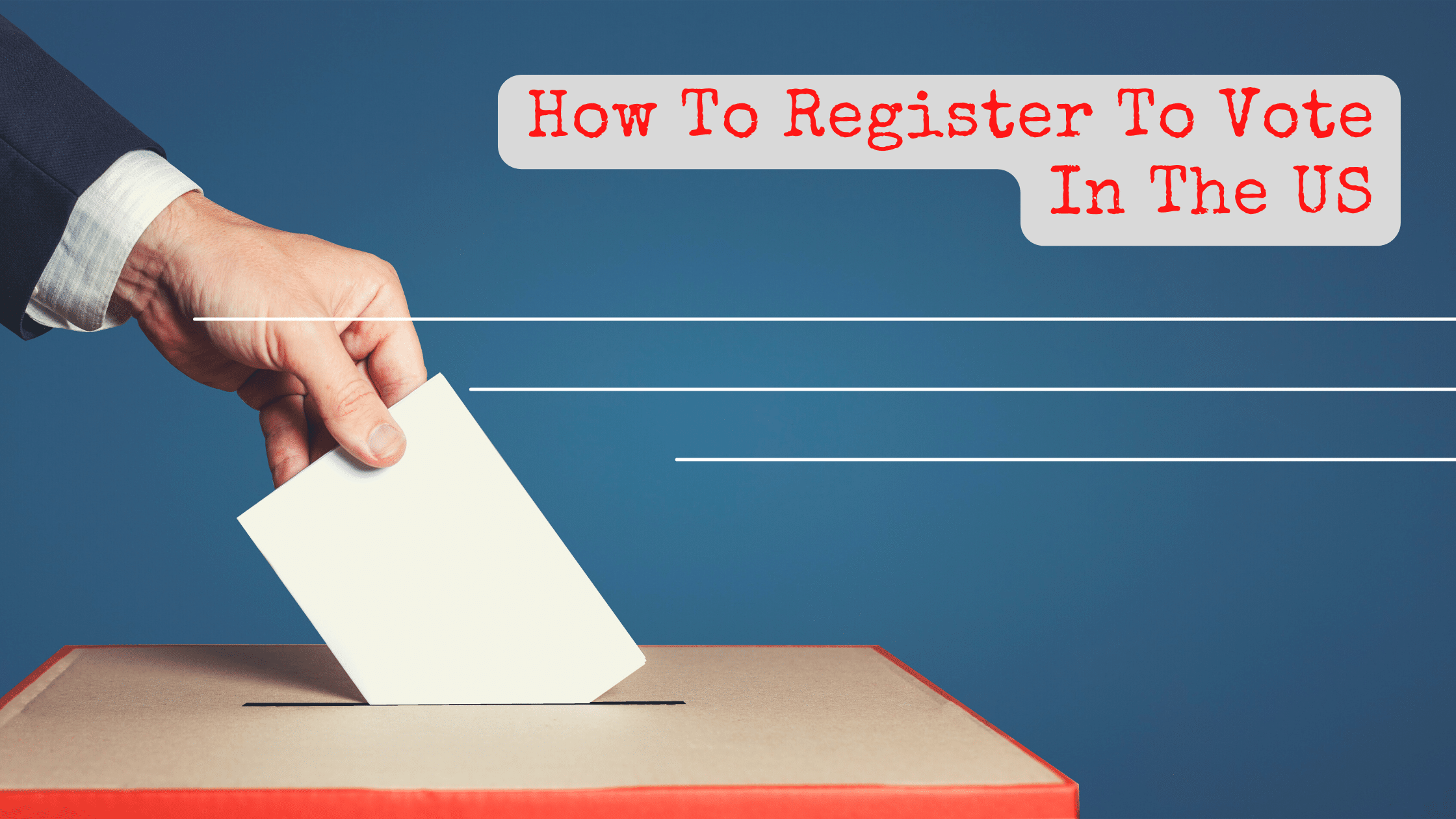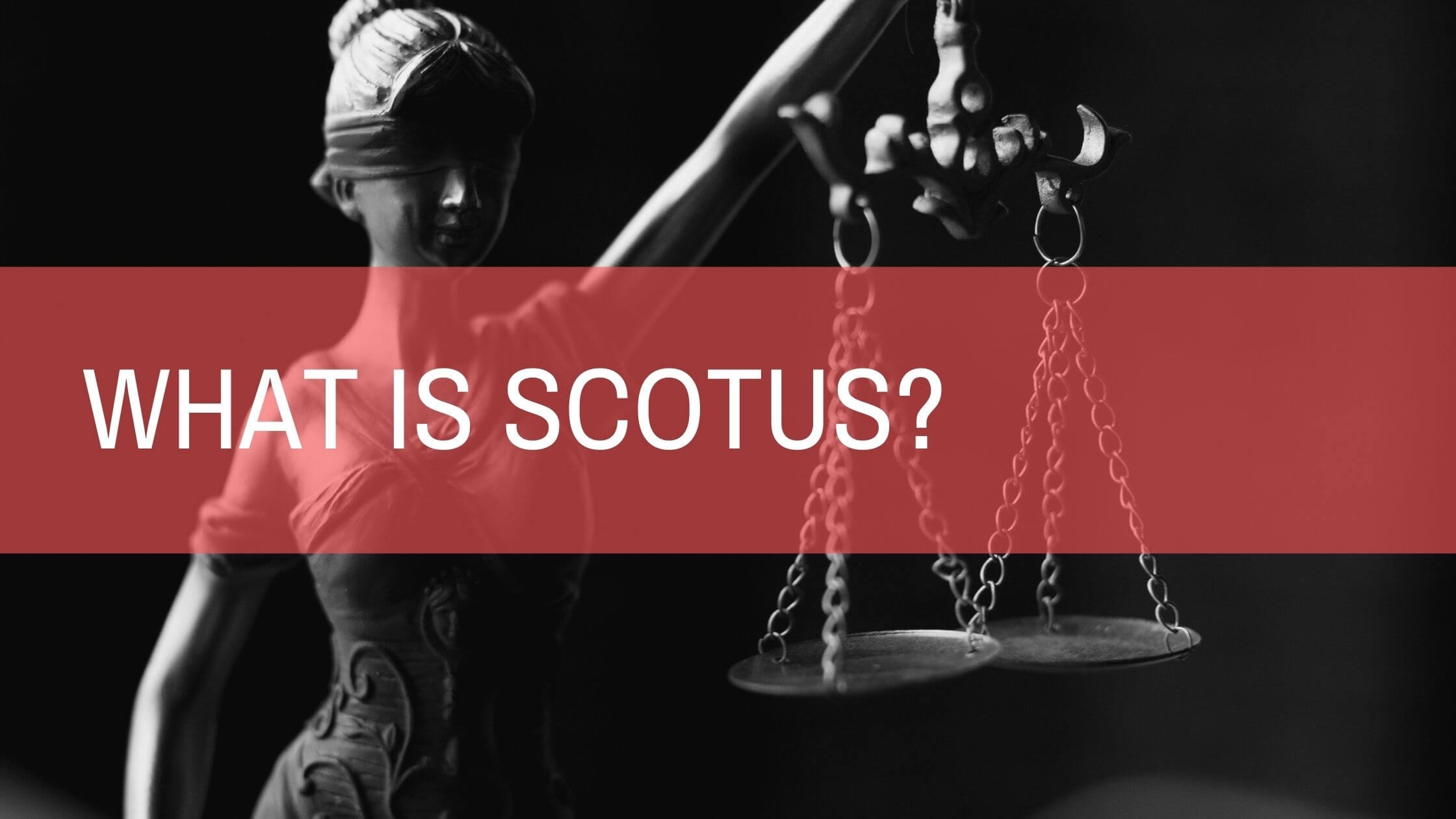Registration for voting in the US is often done on a state-by-state basis. While this can be frustrating, it also means that each individual has greater control over who represents them and how they choose to vote. There are several ways to register online, such as with Vote.org or TurboVote, but you should always double-check your registration status before going to the polls.
To vote in a US presidential election, individuals must be at least 18 years old by Election Day. Several states allow 17-year-olds to vote in the primaries if they are 18 by Election Day. Because this varies by state and election, it is essential to be aware of the primary dates in your area.
People with felony convictions cannot vote in some areas, but only if their crimes fall under specific categories, such as treason or corruption.
In other states, people with felony convictions can only have their voting rights reinstated by petitioning the governor, even after completing parole or probation.
Other alternatives for voting in US elections
As technology grows, there will be more ways for you to vote on your favorite candidates or issues. Whether through electronic voting machines, phone apps, or email ballots, we are exploring how these technologies could transform our current system for the better.
One thing is for sure. These alternative methods are not without controversy. Following the latest election in Alabama, where voters could cast ballots online, many skeptics have said it’s too easy for hackers or people with bad intentions to change votes. While this may be true, there isn’t any solid evidence of hacking ever happening before, which makes it hard to tell if this is fear-mongering or not.
Voter Fraud
Another concern many people may have with alternative voting methods, especially online options, is the risk of voter fraud. For example, some voters may feel uncomfortable sharing their personal information on an electronic ballot, while others think they can get away with voting multiple times by using fake names. While this may not always be the case, it is a concern that needs to be addressed before alternative voting methods become more prevalent in US elections.

Get Smarter on US News, History, and the Constitution
Join the thousands of fellow patriots who rely on our 5-minute newsletter to stay informed on the key events and trends that shaped our nation's past and continue to shape its present.









